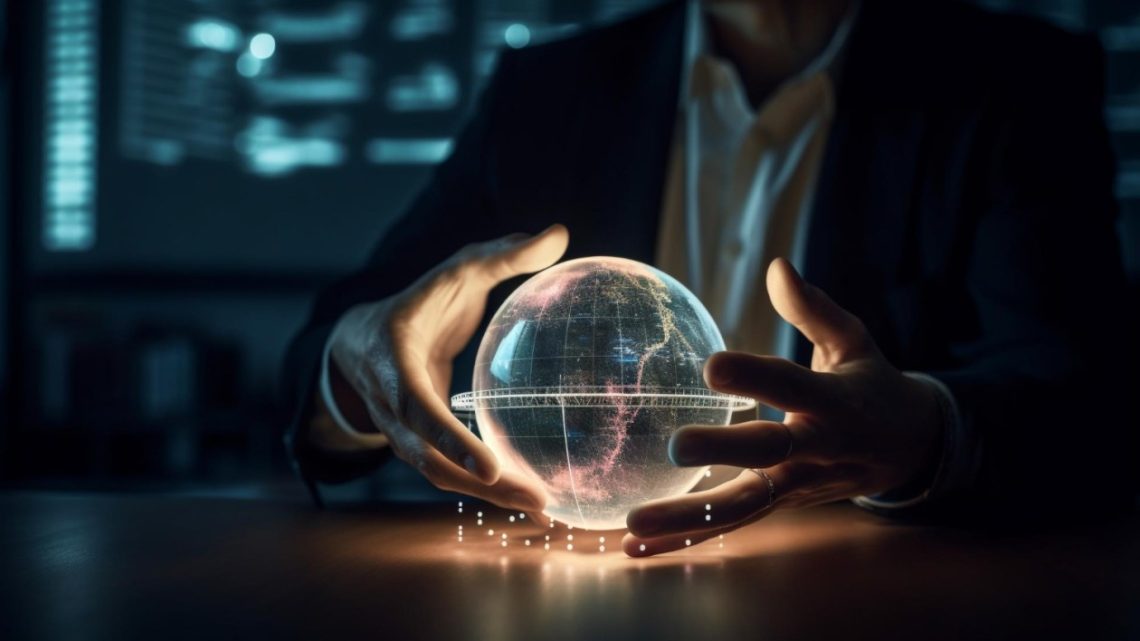
Global Trade Faces Rising Challenges: A Call for Cooperation
July 9, 2024Global trade is currently experiencing significant challenges, as highlighted by Dr. Ngozi Okonjo-Iweala, Director General of the World Trade Organization (WTO). She notes an increase in protectionist measures and a weakening of WTO rules, leading to fragmentation that could undermine economic resilience and growth worldwide.
One stark example of this fragmentation is the recent imposition of tariffs by the European Union (EU) and the United States on Chinese electric vehicles (EVs). The EU has set provisional tariffs of up to 37.4%, while the US introduced 100% tariffs in May. These measures stem from accusations that China is unfairly subsidizing its EV sector, allowing for lower export prices that threaten Western jobs. This move is part of a broader trend where both regions are increasingly wary of China’s economic policies.
President Biden has also raised import taxes on other Chinese products crucial to future industries, such as EV batteries, solar panel cells, and computer chips. Concurrently, the US is investing heavily in green technology through its Inflation Reduction Act to reduce dependence on Chinese imports. EU Trade Commissioner Valdis Dombrovskis emphasizes that while Europe is open to competition, it must be fair and not driven by unfair subsidies.
The WTO reported that global trade volume fell by 1.2% last year, only the third decline in 30 years. This drop is linked to higher inflation and interest rates, exacerbated by recent global events like the COVID-19 pandemic and Russia’s invasion of Ukraine. These incidents have led countries to prioritize economic and national security in their trade and investment decisions, affecting nations worldwide.
This trend has forced countries such as Peru, Ghana, and Vietnam to choose between strengthening ties with Western powers or aligning with a China-Russia axis. The WTO’s Dr. Okonjo-Iweala expresses concern over this emerging trade fragmentation, warning it could cost the global economy up to 7%, or $7.4 trillion, in lost output long-term.
The EU’s tariffs on Chinese EVs come after a significant surge in imports from China, which jumped from $1.6 billion in 2020 to $11.5 billion last year. Despite this, Jens Eskelund, President of the European Union Chamber of Commerce in China, argues that Chinese EV companies are now competitive without government support, suggesting that the tariffs indicate deeper imbalances in the trade relationship.
Moreover, the EU is striving to reduce its economic dependence on China, driven by concerns over Beijing’s use of sensitive technology for military purposes and support for Russia. This shift is echoed by companies like Ikea, Nike, and Apple, which are also seeking to lessen their reliance on China.
Adding to these trade barriers are logistical disruptions in vital global trade routes. The Panama Canal has reduced ship transits due to insufficient rainfall, and the Suez Canal faces significant traffic reductions because of attacks on commercial ships by Houthi rebels. These disruptions have led to increased shipping costs, further exacerbating inflation pressures.
Despite these challenges, Dr. Okonjo-Iweala remains optimistic about the resilience of global trade and believes the WTO can help mediate disputes. She also acknowledges the need for updating trade rules to address climate change, reflecting the evolving priorities since the rules were first established.
In conclusion, while global trade faces unprecedented challenges, cooperation and modernization of trade regulations could mitigate these issues. Avoiding the retaliatory tariff spiral of the 1930s is crucial for maintaining economic stability and growth.

